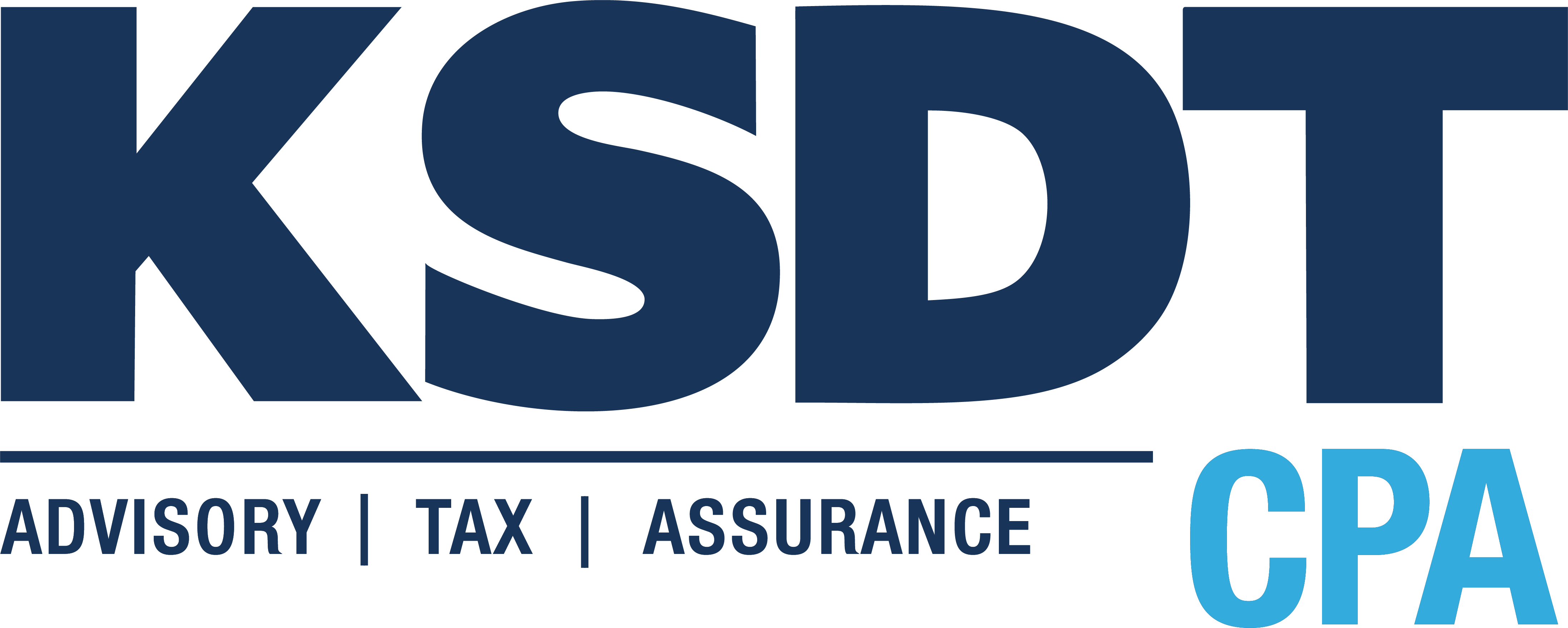The coming audit season might be much different than seasons of yore. As many companies continue to operate remotely during the COVID-19 pandemic, audit procedures are being adjusted accordingly. Here’s what might change as auditors work on your company’s 2020 year-end financial statements.
Eye on technology
Fortunately, when the pandemic hit, many accounting firms already had invested in staff training and technology to work remotely. For example, they were using cloud computing, remote access, videoconferencing software and drones with cameras. These technologies were intended to reduce business disruptions and costs during normal operating conditions. But they’ve also helped firms adapt while businesses are limiting face-to-face contact to prevent the spread of COVID-19.
When social distancing measures went into effect in the United States around mid-March, many calendar-year audits for 2019 were already done. As we head into the next audit season, be prepared for the possibility that most procedures — from year-end inventory observations to management inquiries and audit testing — to be performed remotely. Before the start of next year’s audit, discuss which technologies your audit team will be using to conduct inquiries, access and verify data, and perform testing procedures.
Emphasis on high-risk areas
During a remote audit, expect your accountant to target three critical areas to help minimize the risk of material misstatement:
1. Internal controls. Historically, auditors have relied on the effectiveness of a client’s controls and testing of controls. Now, they must evaluate how transactions are being processed by employees who work remotely, rather than on-site as in prior periods. Specifically, your auditor will need to consider whether modified controls have been adequately designed and put into place and whether they’re operating effectively.
2. Fraud and financial misstatement. During fieldwork, auditors interview key managers and those charged with governance about fraud risks. These inquiries are most effective when done in person, because auditors can read body language and, if more than one person is present during an interview, judge the dynamics in a room. Auditors may request video conferences to help overcome the shortcomings of inquiries done over the phone or via email.
3. Physical inventory counts. Normally, auditors go where inventory is located and observe the counting process. They also perform independent test counts and check them against the inventory records. Depending on the COVID-19 situation at the time of an audit, auditors may be unable to travel to the company’s facilities, and employees might not be there physically to perform the counts. Drones, videoconferencing and live video feeds from a warehouse’s security cameras may be suitable alternatives to on-site observations.
Modified reports
In some cases, audit firms may be unable to perform certain procedures remotely, due to technology limitations or insufficient access to data needed to comply with all the requirements of the auditing standards. In those situations, your auditor might decide to issue a modified audit report with scope restrictions and limitations. Contact your CPA for more information about remote auditing and possible modifications to your company’s audit report.
© 2020
How Can We Help?
Call or email our team today
KSDT CPA is ready to navigate the process with you. Fill out the form below and our team will contact you shortly.


